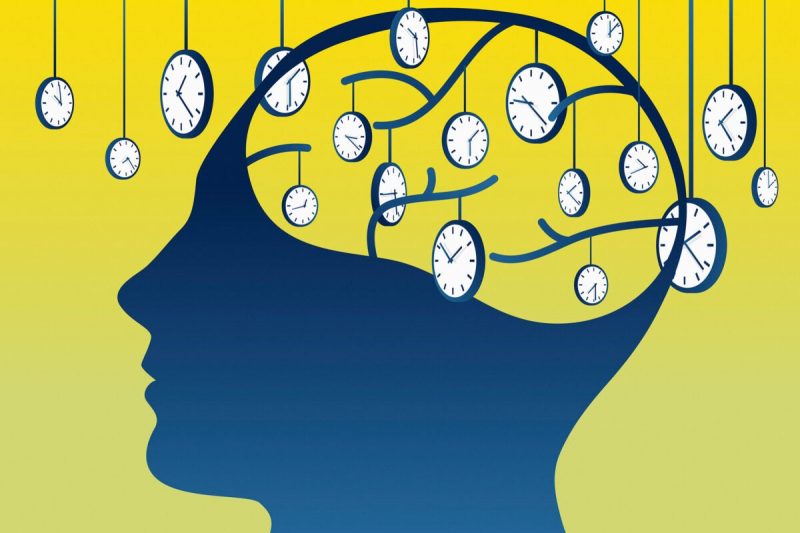Daylight saving time has been a contentious issue for many years, with scientists now joining the chorus of voices calling for its abolishment. The practice of adjusting the clocks forward by one hour during the spring and back by one hour in the fall has long been met with skepticism and criticism. According to experts, the disruption caused by this biannual time shift can have significant impacts on our health and well-being.
One of the primary concerns scientists have raised is the negative effect that daylight saving time has on our sleep patterns. Our internal body clocks, also known as circadian rhythms, regulate our sleep-wake cycles. When the clocks are turned forward in the spring, we lose an hour of sleep, which can disrupt our circadian rhythms and lead to sleep disturbances. This can have a cascading effect on our overall health, contributing to issues such as fatigue, irritability, and decreased cognitive function.
Furthermore, studies have shown that the time change associated with daylight saving can have adverse effects on our physical health. Research has linked the springtime transition to an increase in heart attacks, strokes, and even car accidents. The disruption to our sleep patterns and circadian rhythms can put added strain on our bodies, making us more susceptible to these health risks. By eliminating daylight saving time, we can potentially reduce the incidence of these serious health issues.
In addition to its impact on sleep and physical health, daylight saving time has also been shown to affect our mental well-being. The disruption to our daily routines and schedules can lead to increased stress and anxiety. The sudden change in the amount of daylight can also affect our mood and energy levels, contributing to feelings of fatigue and lethargy. By maintaining a consistent time throughout the year, we can create a more stable and predictable environment that supports our mental health.
While there may be some benefits to daylight saving time, such as extended daylight hours in the evenings, the potential negative consequences cannot be ignored. Scientists are urging policymakers to consider the overwhelming evidence pointing to the harmful effects of this practice on our health and well-being. By resisting the siren call of daylight saving time and opting for a more standardized approach to timekeeping, we can prioritize the health and happiness of individuals across the globe.

